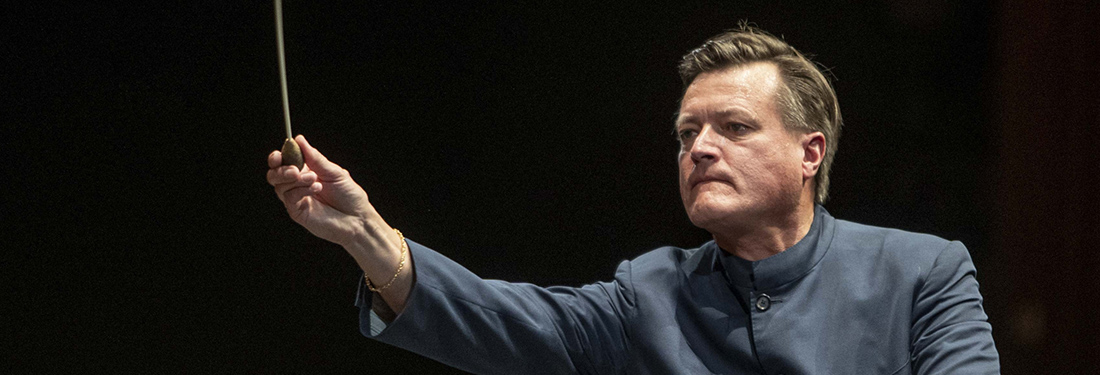

This July, Munich played host to hordes of football fans in town for the European Championship—and arguably the two finest working sopranos today.
The rule that governs Dante’s Inferno is called the “contrapasso” – that every sinner is given a punishment in poetic proportion to their crime.
During the 1970s, Stephen Sondheim composed Company, Follies, A Little Night Music, Pacific Overtures and Sweeney Todd–five richly varied masterpieces of musical theater in a nearly miraculous burst of creativity.
Not too long ago, Benjamin Bernheim gave an interview to Opéra Magazine in which he stated “Je ne suis pas un top model.”
Some operas carry around the shadow of their most famous interpreters more than others.
Mixing the historical with the personal in strikingly original ways, Davóne Tines and Zack Winokur’s Robeson sent sparks out over the Hudson.
The outdoor recitals that the Metropolitan Opera presents in New York City Parks every summer are a wonderful way to showcase rising young stars and promising beginners from the Met’s Lindemann Program.
On Friday, June 21st, Opera Parallèle – the Bay Area nomadic, contemporary opera company – together with the Presidio Theatre unveiled their final production of the season, the West Coast premiere of Gregory Spears and Greg Pierce’s Fellow Travelers, an adaptation of Thomas Mallon’s 2007 novel of the same name.
PRISM Quartet teams up with Tyshawn Sorey, David Krakauer, and a host of some of the finest new music musicians and composers in the nation to create Generate Music: a musical exploration of the ties that bind together Black and Jewish Americans.
Bergamo hosts an annual Donizetti festival, Salzburg presents a Mozart-woche every January, and of course there is Bayreuth for Wagner. But Handel gets two festivals every spring, and this year I was finally able to attend one of them.
Final opera of the season. Little-known opera. A revival. So, you can probably skip it, right?
She can’t put her foot on the gas the way she used to but there’s still plenty of fuel in that tank.
I’m old enough to remember when Yannick Nézet-Séguin could do no wrong.